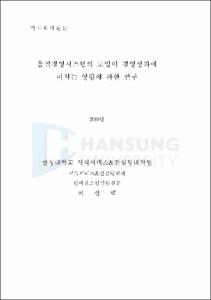프랑스 종교개혁과 위그노 여성
= French Reformation and Huguenot Women : A Study on Charlotte Arbaleste
- Type
- Thesis
- Alternative Title
- 샤를로트 아르발레스트를 중심으로
- Advisor
- 박준철
- Department
- 대학원 사학과
- Issued Date
- 2012
- Publisher
- 한성대학교 대학원
- Keyword
- 프랑스 종교개혁; 위그노; 샤를로트 아르발레스트; 필리프 뒤플레시스 모르네; 종교적 정체성
- Appears in Collections:
- 지식서비스&컨설팅학과 > 1. Thesis
- Files in This Item:
-
-
Download
 000001091736.pdf
기타 데이터 / 7.31 MB / Adobe PDF
000001091736.pdf
기타 데이터 / 7.31 MB / Adobe PDF
-
Items in Repository are protected by copyright, with all rights reserved, unless otherwise indicated.